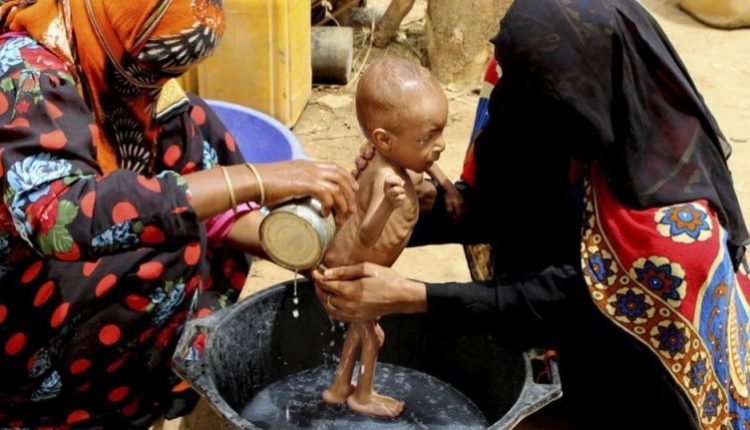Legal and Humanitarian Considerations of Targeting Civilians, Children and Civilian Facilities
Org.Reports
International Humanitarian Law (IHL) regulations forbid attacks on civilians and oblige the conflict parties to take appropriate measures to safeguard civilians from military operations. The first Protocol of 1977, granted special protection to children in situations of armed conflict; it provides that: “Children shall be the object of special respect, and shall be protected against any form of indecent assault. The parties to the conflict shall provide them with the care and aid they require whether because of their age or for any other reason”. This was confirmed when the International Convention on the Rights of the Child was adopted in 1989, which marked a decisive turning point in the history of child rights advocacy, where the child rights had been considered universal human rights that could not be disregarded.
Security Council Resolution No. 1261 (1999) was the first to address the negative effect of armed conflicts on children, and the long-term consequences on peace, security and development. In this resolution, the UNSC urges all parties to conflicts to comply with the specific obligations to ensure the protection of children in armed conflict situations, particularly, to declare humanitarian ceasefires for vaccination and distribution of relief materials, to avoid attacking schools and hospitals, to stop using landmines, and to evade recruiting or using children as soldiers.
Based on the primary responsibility of the UNSC to maintain international peace and security, the Resolution 1379 calls upon all parties to armed conflict to: fully respect the relevant provisions of applicable international law relating to the rights and protection of children in armed conflict, in particular the Geneva Conventions of 1949 and the obligations applicable to them under the Additional Protocols thereto of 1977, the United Nations Convention on the Rights of the Child of 1989; provide protection and assistance to refugees and internally displaced persons, the majority of whom are women and children, in accordance with applicable international norms and standards; and abide by the concrete commitments they have made to the Special Representative of the Secretary-General for Children and Armed Conflict, as well as relevant United Nations bodies, to ensure the protection of children in situations of armed conflict.
In this resolution, the UNSC also urges Member States to put an end to impunity, prosecute those responsible for genocide, crimes against humanity, war crimes, and other egregious crimes perpetrated against children and exclude, where feasible, these crimes from amnesty provisions and relevant legislation, and ensure that post-conflict truth-and-reconciliation processes address serious abuses involving children.

